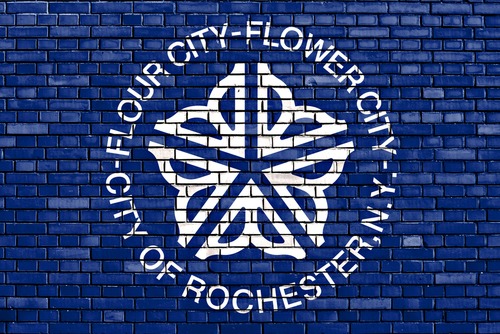Black Friday
Written by Andre on November 24, 2023

“Black Friday” initially had a negative connotation. In 1869, a pair of speculators attempted to manipulate the U.S. gold market. Their scheme led to a stock market crash on Friday, September 24, a day that became known as “Black Friday.”
The practice of assigning “black” days to market downturns didn’t end in the 19th century. The stock market crash on October 28, 1929, which triggered the Great Depression, was dubbed “Black Tuesday,” and another cataclysmic crash that happened on October 19, 1987, was called “Black Monday.”
The city of Philadelphia deserves credit for establishing a link between post-Thanksgiving outings and the name “Black Friday.” In the 1950s and ’60s, the city was consistently flooded with people who wanted to shop on the day after Thanksgiving before attending the annual Army-Navy football game on Saturday. Police officers were required to work extra hours to deal with everything from terrible traffic to an uptick in shoplifters. The police vented their frustrations by designating the day after Thanksgiving as “Black Friday.”
Some Philadelphia stores didn’t appreciate having some of their biggest sales days tied to a term with unhappy associations. In 1961, they tried to promote the more positive “Big Friday” to the public. It’s clear this phrase didn’t take off as hoped.
Since adopting a new term didn’t work, the mythos surrounding Black Friday shifted instead. As more people began referring to “Black Friday” in the 1980s, retailers spread the word that the phrase meant stores had attained positive balance sheets — going from being in the red into the black — following a successful day of sales.






















